
Study In The USA
About The USA
Studying in the USA is an opportunity unlike any other. With a diverse range of world-renowned universities, cutting-edge research facilities, and a vibrant culture that celebrates creativity and innovation, the USA offers students an unparalleled education experience. Whether you're interested in pursuing a degree in business, engineering, arts, or sciences, the USA has top-ranked programs in every field students can even get the US student VISA through the USA student VISA consultants. Additionally, studying in the USA provides a chance to network with professionals and experts from around the world, gain hands-on experience through internships, and access a vast array of resources and opportunities that can help jumpstart your career. So, if you're looking for a challenging, rewarding, and life-changing academic journey, the USA is the perfect destination for you!
Advantages to Studying in The USA
High-Quality Education
Diverse Academic Programs
Career Opportunities
Cultural Experience
Flexibility
Research and Innovation
Top Universities To Study In The USA
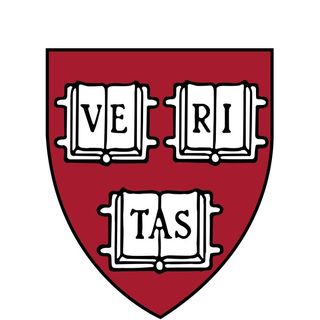
Harvard University
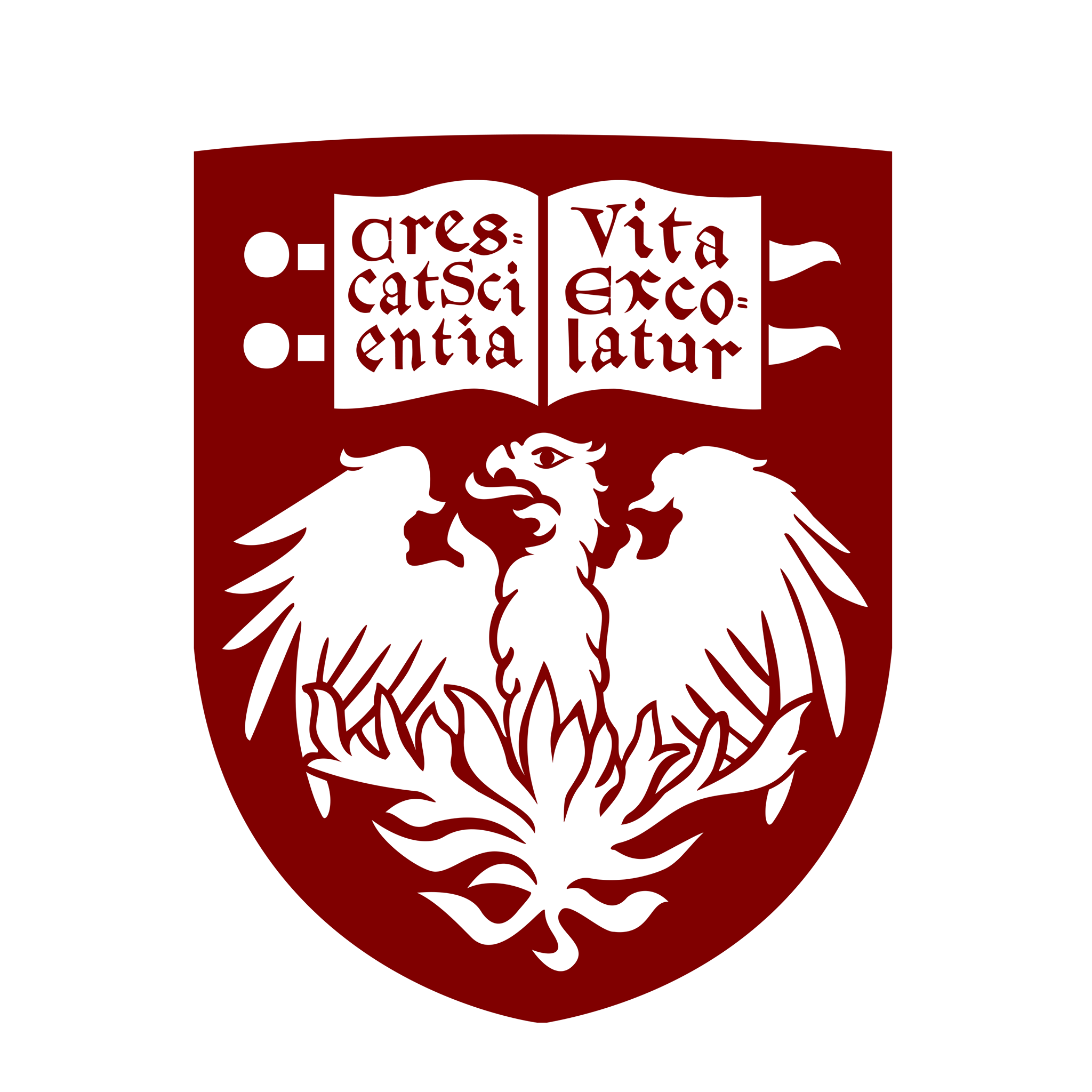
University of Chicago
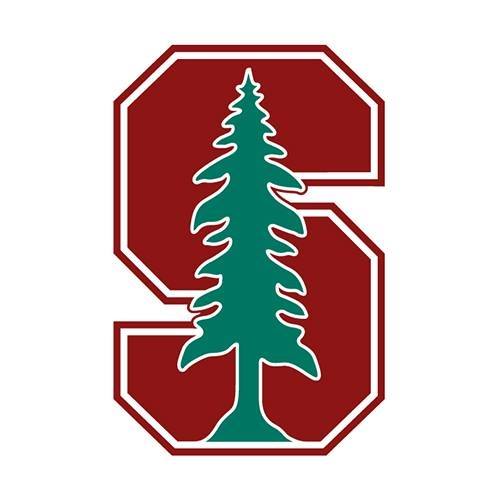
Stanford University
Top Courses To Study in The USA
Computer Science
Business
Engineering
Psychology
Nursing
Biology
Education
Communications
Political Science
Creative Industries
Scholarships To Study in The USA
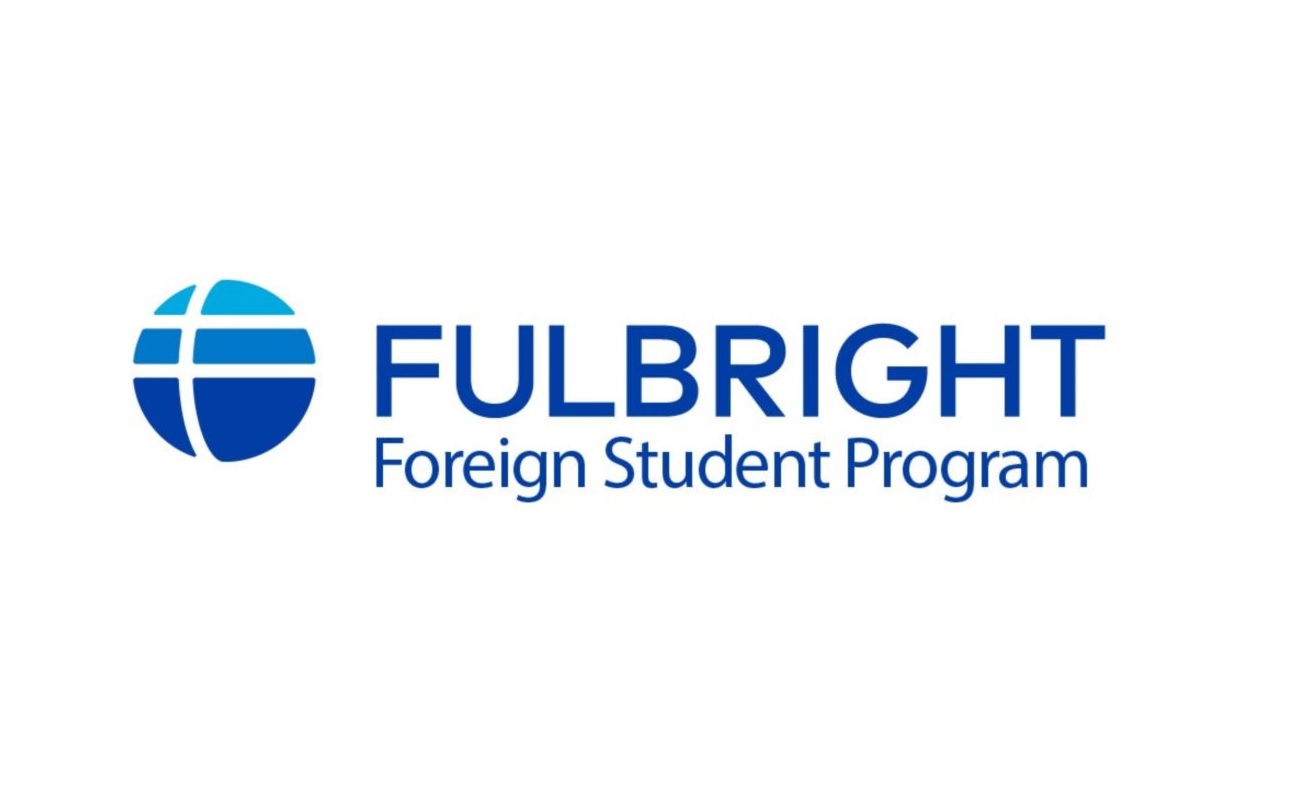
Fulbright Foreign Student Program
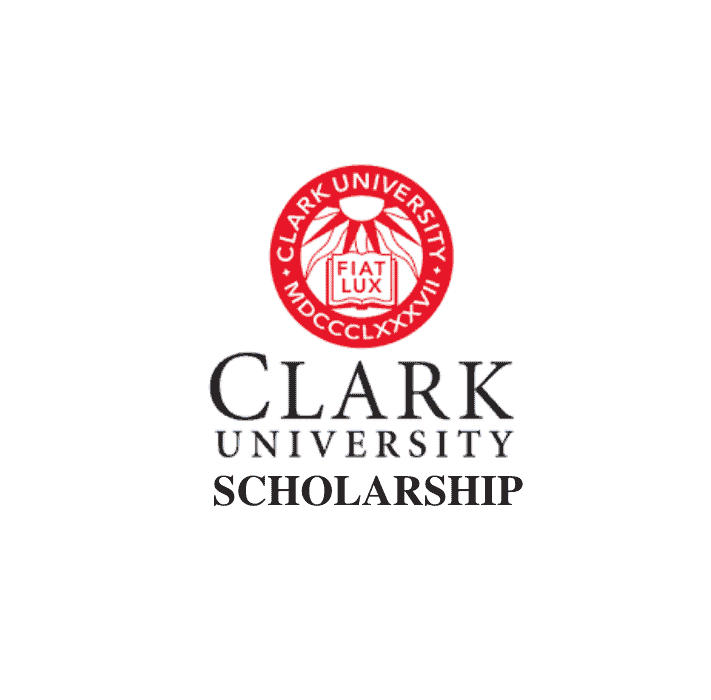
Clark Global Scholarship Program
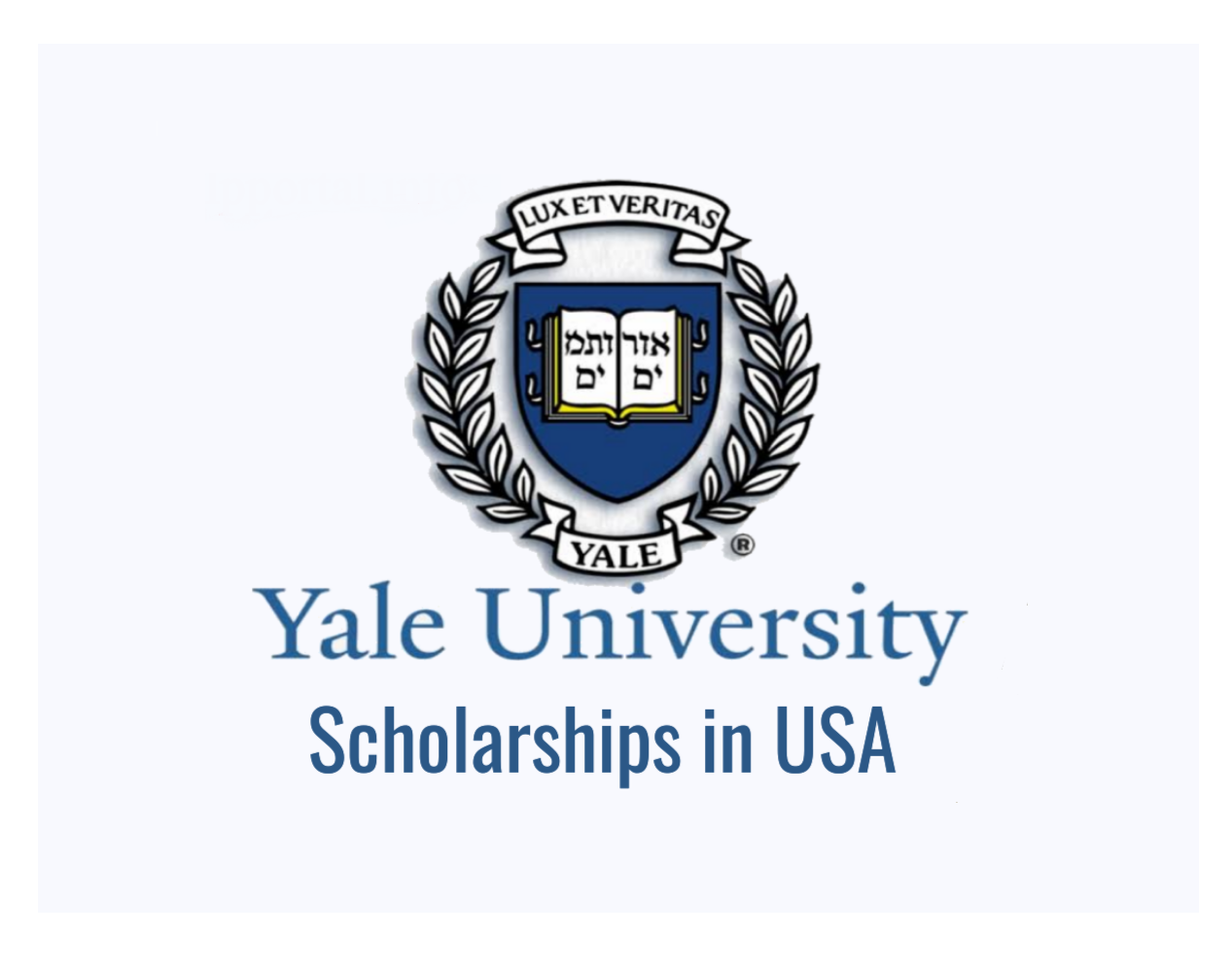
Yale University Scholarship
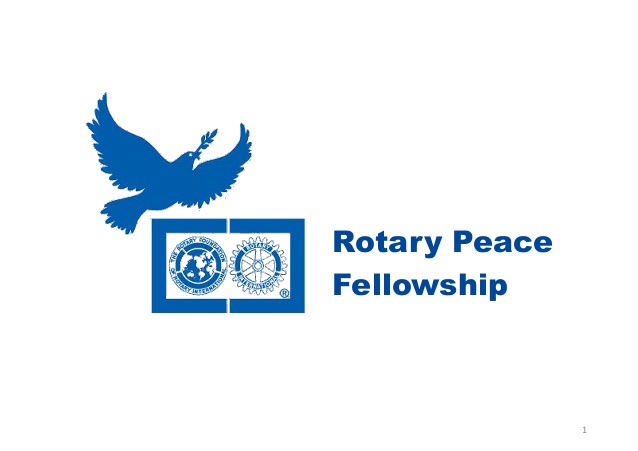
Rotary Peace Fellowship
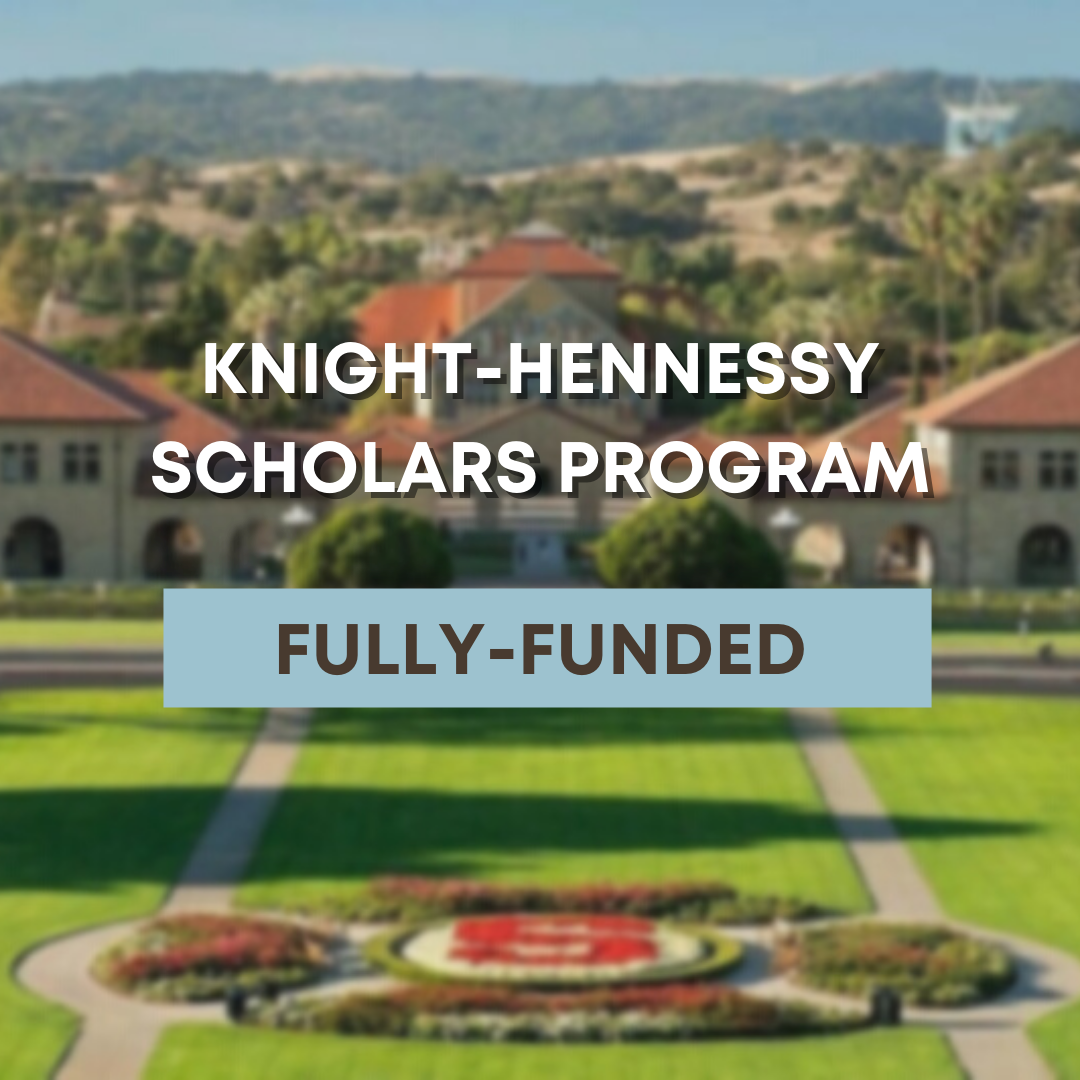
Knight Hennessy Scholarship
Cost of Living

Accommodation ($9000 - $12000)

Utilities ($400 - $450)

Food ($400 - $600)

Transportation ($50 - $300)
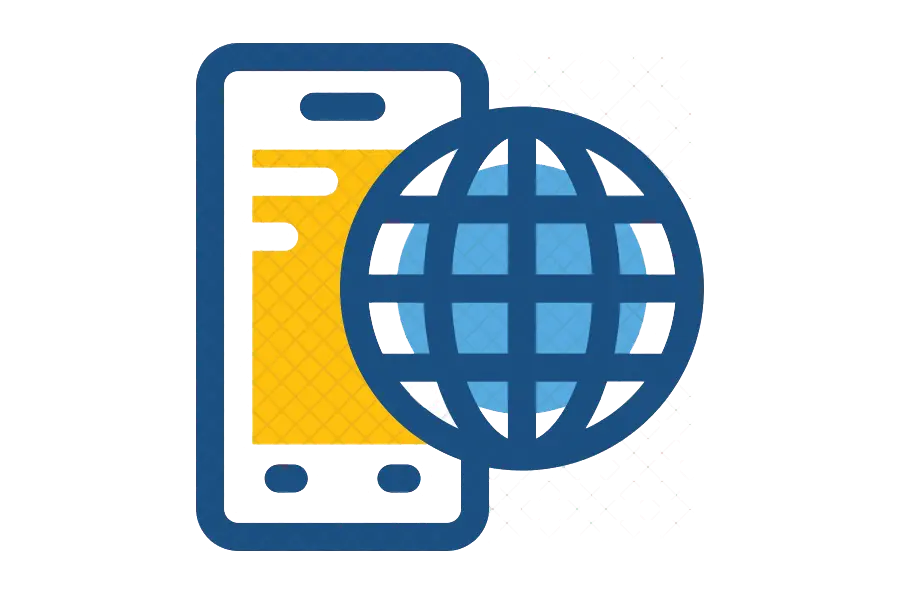
Internet and Mobile Phones ($15 - $70)

Other Expenses ($100 - $900)
Additional or miscellaneous expenses can consist of various things like textbooks, course materials, healthcare, entertainment, personal care etc. These costs can vary depending on preferences and conditions.
Work Opportunities
Working in the United States as an international student with an F1 and M1 visa presents beneficial chances to advance your practical experience, supplement finances and enrich your academic journey. These visas include detailed recommendations outlining several employment choices to consider. Remember that these visas do not allow employment during the first academic year.
On Campus Employment
Curricular Practical Training (CPT)
CPT enables F1 visa holder students to complete coursework for all work off campus in a subject associated with their major. Before beginning CPT, students must receive permission from their Designated School Official (DSO).
Optional Practical Training (OPT)
OPT gives F1 students the chance to work for up to a year in their field of study after receiving their degree. Before or after graduating, students can apply for OPT, but they must first have US Citizenship and Immigration Services (USCIS) approval.
STEM OPT Extension
STEM (Science, Technology, Engineering and Mathematics)graduates may be eligible for a 24 month extension of their OPT allowing them to work in the United States for up to 36 months after receiving their degree

Visa
International students who want to study in the USA have a variety of visa choices that are available for them. Each type of visa is made to accommodate various educational goals and situations. The most common visa categories for international students are listed below.
F1 Visa ($160)
Cost: The F1 visa application fee is $160 (subject to change). Additionally, there might be a SEVIS I-901 fee of $350
Eligibility: Students seeking full time education at recognised academic institutions in the USA are eligible for F1 visa. Applicants must show that they have financial resources to pay for their tuition and living costs, that they have strong ties with their home country and that they truly intend to return when their studies are through.
Documents: Passport, Form DS-160 (Online Nonimmigrant Visa Application), Form I-20 (Certificate of Eligibility for Nonimmigrant Student Status) issued by the school, financial records, receipts for the SEVIS fee and the visa application fee, as well as any other paperwork the consulate may require, are the documents that must be submitted.
M1 Visa ($160)
Cost: The M1 visa application fee is $160 (subject to change), similar to the F1 visa, and there may also be a SEVIS I-901 fee.
Eligibility: M1 visas are available to students enrolled in non-academic or vocational programmes, such as trade schools or technical training.
Documents: Passport, Form DS-160, Form I-20 given by the vocational institution, financial records, receipts for the SEVIS and visa application fees, and any other papers the embassy may seek are required.
J1 Visa ($160)
Cost: Each country and consulate has a different application charge for the J1 visa.
Eligibility: J1 visa holders who are students, scholars, or who are taking part in a cultural exchange programme are eligible to apply.
Required Documents: Passport, Form DS-160, Form DS-2019 (Certificate of Eligibility for Exchange Visitor Status), proof of finances, receipt for the visa application fee, and any other papers the consulate may need.
Intakes Available in The USA
Fall Intake (September to December)
Winter Intake (January to May)
Spring Intake (May to August)
Exclusive Services by Uscholars
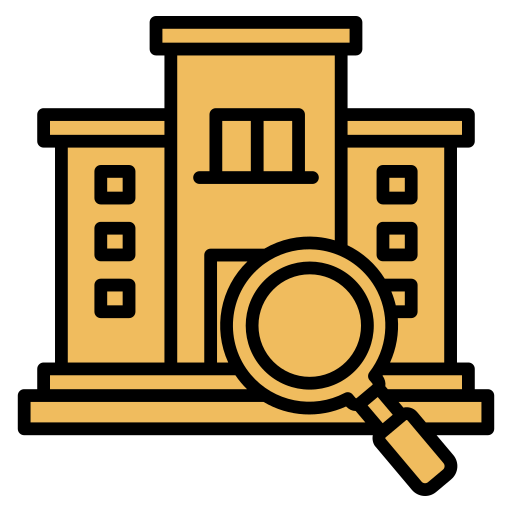
University & Course Selection

College Application Support
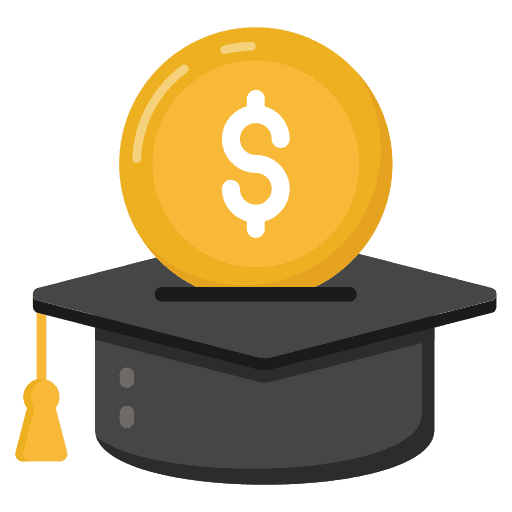
Education Loans
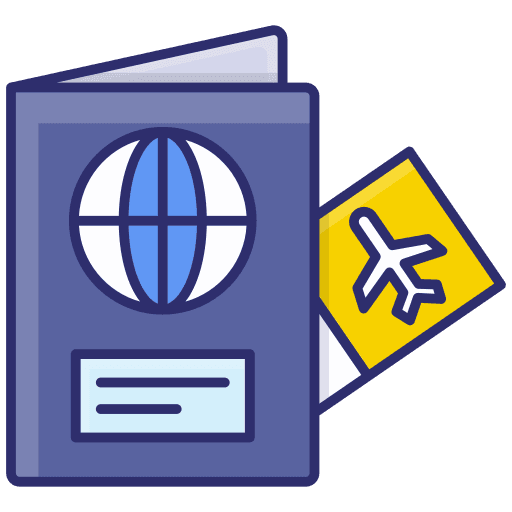
Student Visa Application & Preparation

Securing Your Student Accommodation
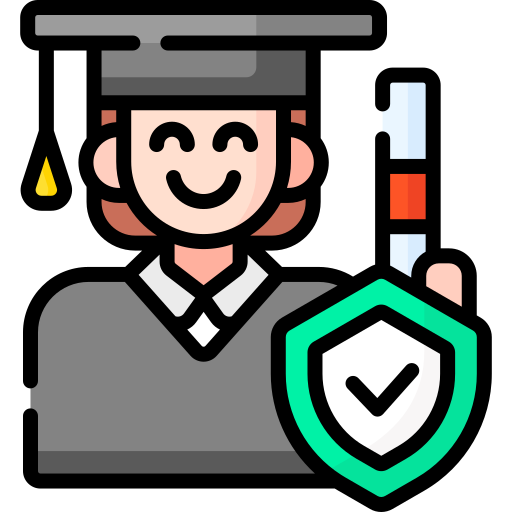
Comprehensive Student Insurance Plans
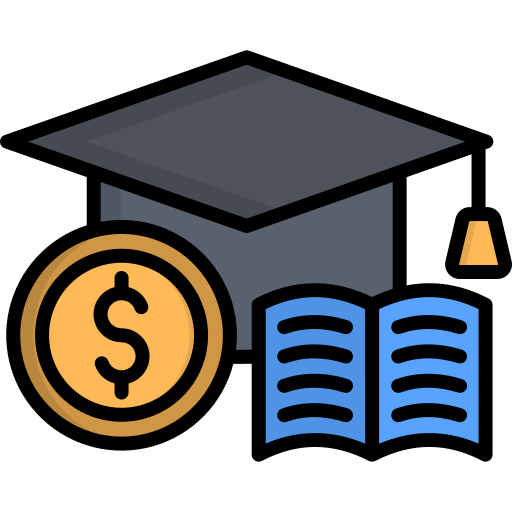
Apply for Scholarships
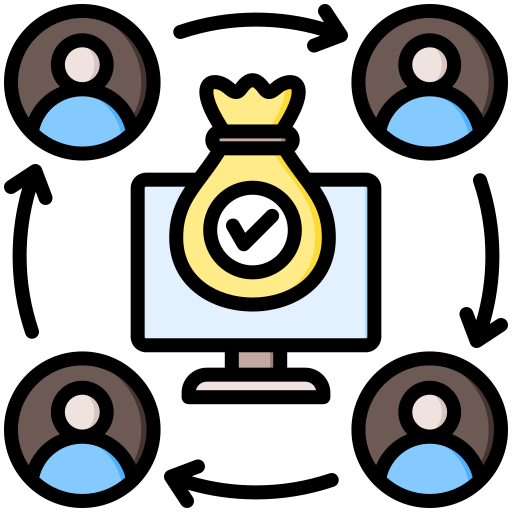
Student Referral Program

Student Profile Assessment

Student Bank Accounts

Forex Services

Pre-Departure Preparation

Job Placements Abroad
Ready to Start Your Study Abroad Journey?
Join thousands of students who have successfully achieved their dreams with our expert guidance
Why Study in The USA
Flexibility and Choice
Innovation
Internship Opportunities
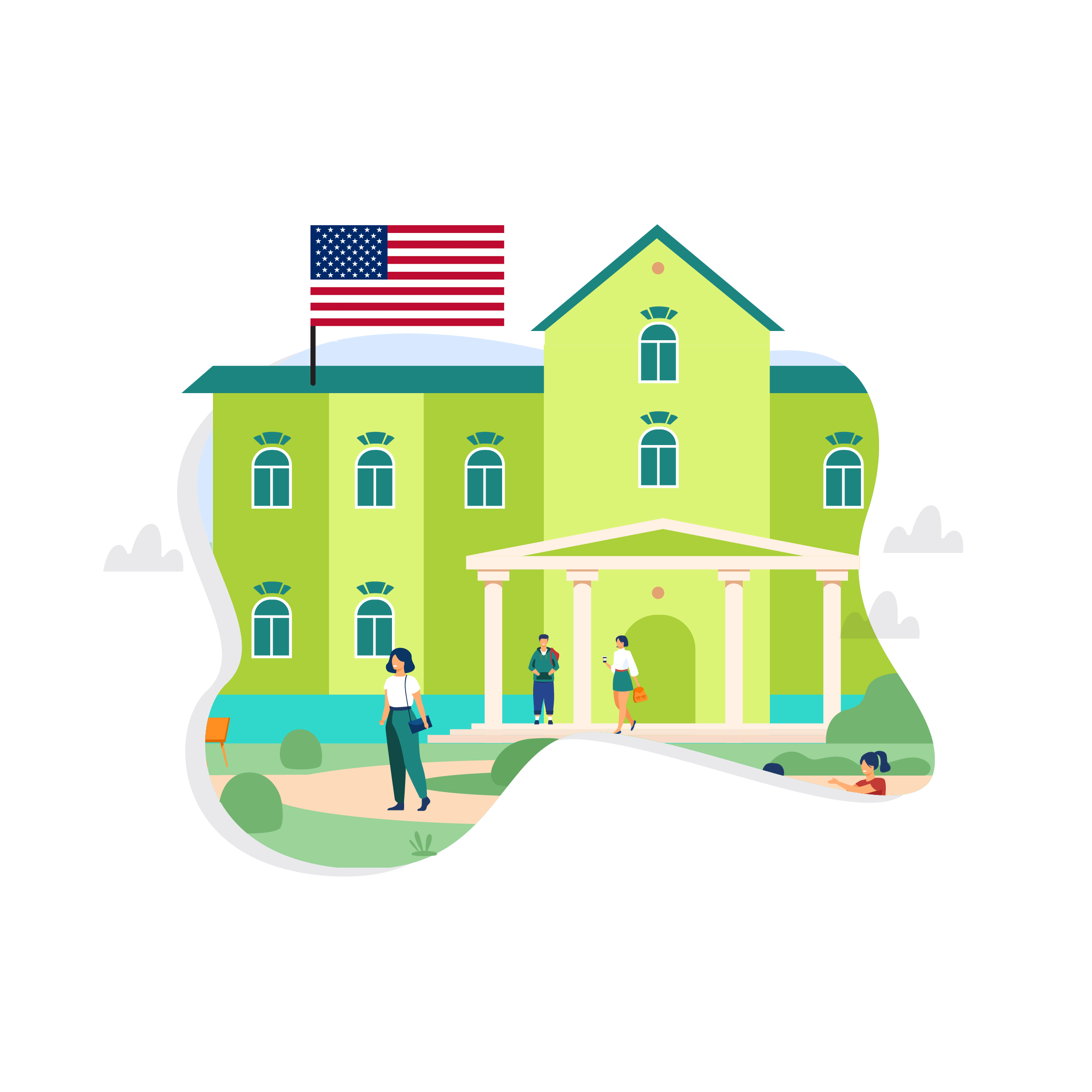
Frequently Asked Questions
Get answers to common questions about our study abroad profile assessment service
- F-1 Student Visa: The purpose of this visa category is to allow full-time students who desire to study at a US college or university, high school, private elementary school, seminary, conservatory, or any other recognised academic institution or language training program to apply for it.
- J-1 Exchange Visitor Visa: This visa type is for exchange students who participate in approved programs for the purpose of teaching, instructing, or lecturing or for conducting research, observing, or consulting at research institutions, museums, libraries, or similar types of institutions.
- M-1 Non-Academic Student Visa: This visa category is intended for individuals who want to undergo non-academic or vocational training, excluding language training programs, at institutions within the United States.
Speak with our experts
Study Abroad with Uscholars and avail One way Flight Ticket and Free TOEFL / IELTS Training. T&Cs apply*
- 99% Acceptance Rate
- Free Advice
- Experienced Counsellors
- 600+ Partner Universities
Start your dream journey now
Complete the form and our counsellors will get in touch within one business day.
